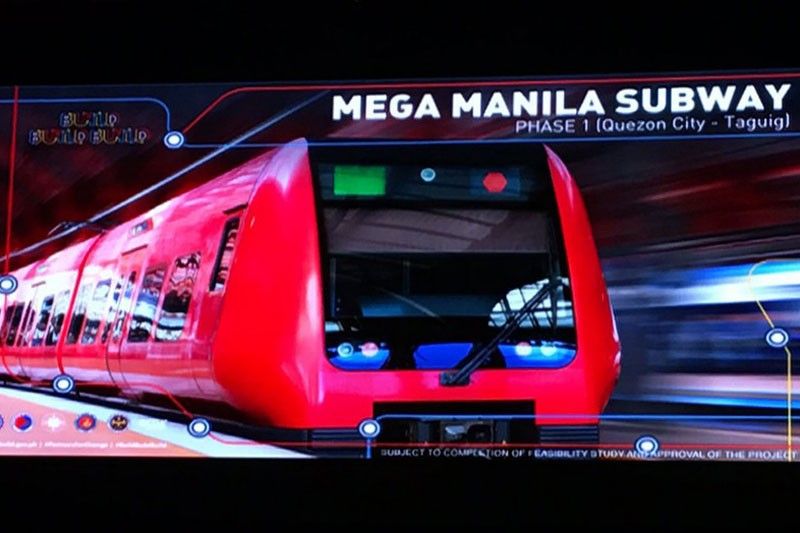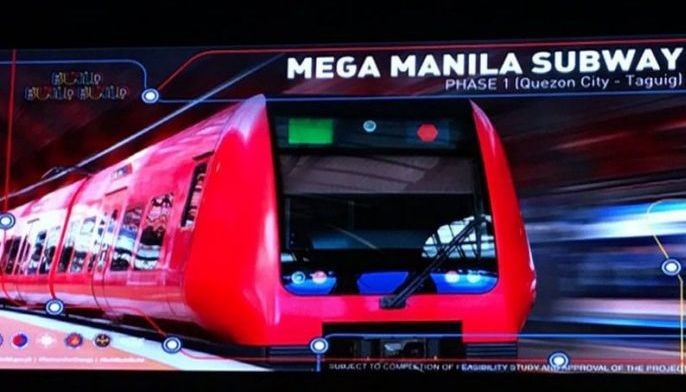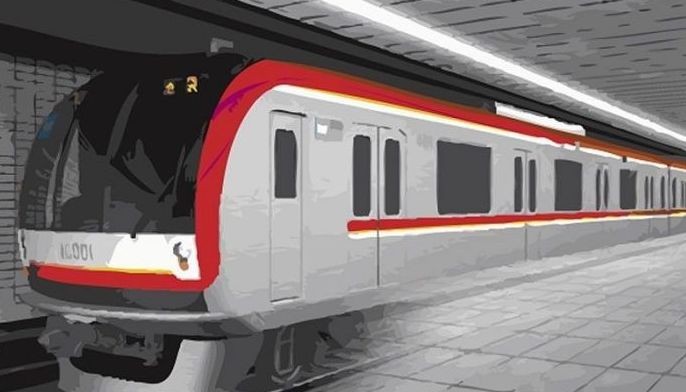Ground broken for first Metro Manila subway

MANILA, Philippines — Construction on the first Metro Manila subway officially began Wednesday, February 27, with the big-ticket project seen to ease traffic gridlock in the capital when completed in 2025.
The Department of Transportation initially planned to hold the groundbreaking ceremony for the project last December 19, but this was pushed back to January and again rescheduled to February due to conflicts in schedule of Philippine and Japanese officials.
In March 2018, Finance Secretary Carlos Dominguez III and Japan International Cooperation Agency Chief Representative Yoshio Wada inked the first tranche of a loan deal for the initial phase of a 30-km underground railway, which is estimated to cost P356.96 billion.
The big-ticket project has a total loan financing requirement of P259.6 billion, the biggest amount committed by JICA to a single country. The Japanese funding for the project will be sliced in three to four tranches.
The subway project will have 14 to 16 stations and is expected to be completed in 2025.
Meanwhile, partial operation of the first three stations is set in 2022.
Line to connect Quezon City to Pasay
Once finished, the first underground railroad in the Philippines will run from Mindanao Avenue in Quezon City to the Ninoy Aquino International Airport, the country’s premier gateway.
According to Dominguez, the plan for the subway line envisions a “north zone” that will extend to Bulacan and a “south zone” that will stretch to Cavite.
The flagship infrastructure project will have commercial spaces that will be leased to help pay the hefty Japanese loan and defray the cost of operating the facility.
As he charts an "independent foreign policy" while lessening his country's dependence on traditional treaty ally, the US, President Rodrigo Duterte has courted regional rivals China and Japan to help foot the bill for the country's P8-9 trillion infrastructure plan.
A recent study by JICA found that road congestion in Manila cost the economy P3.5 billion daily in 2017.
The Duterte administration is depending on a mix of foreign borrowings, budgetary allocations and private funding for its ambitious infrastructure push. — Ian Nicolas Cigaral
- Latest
- Trending



























